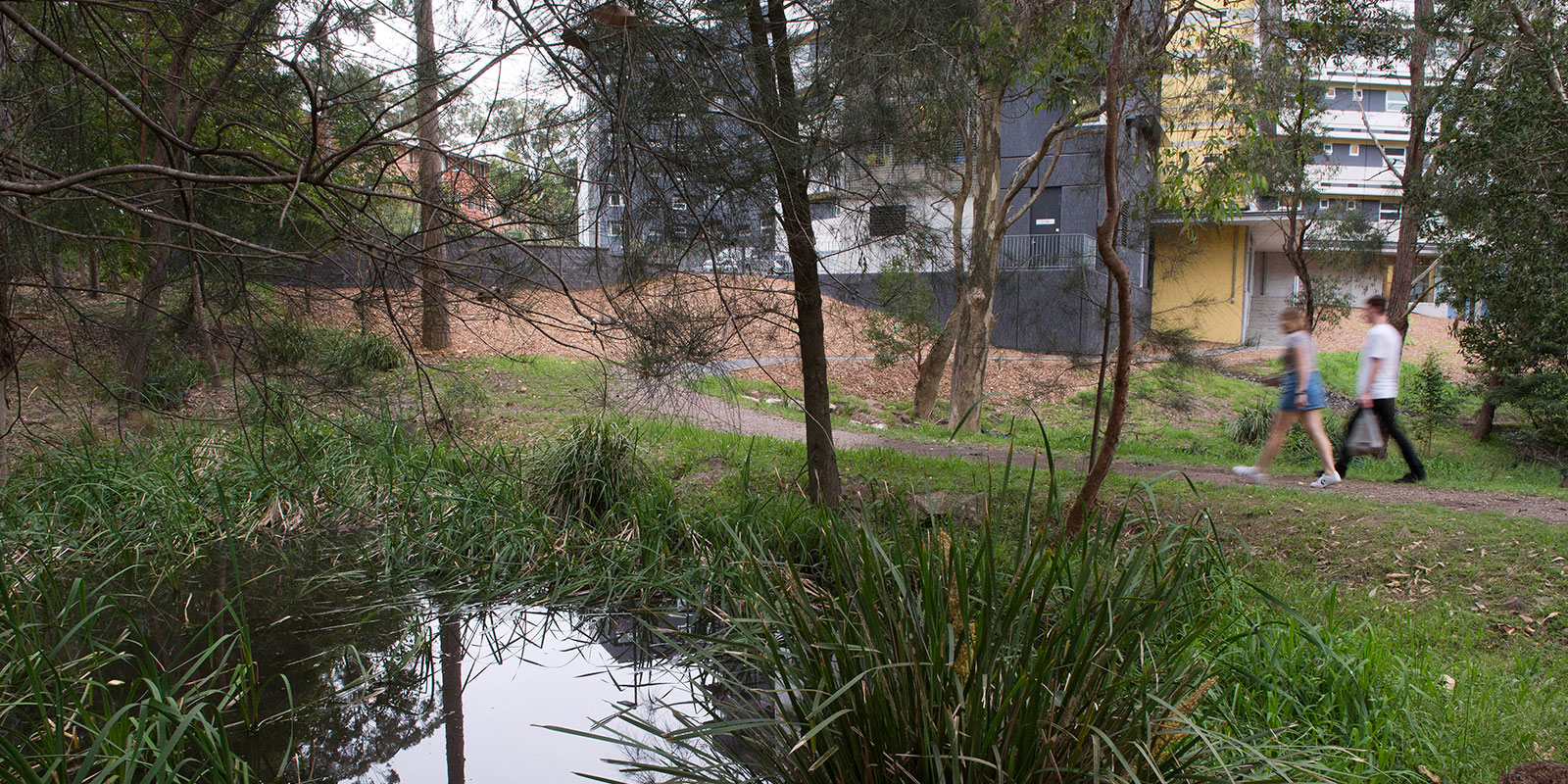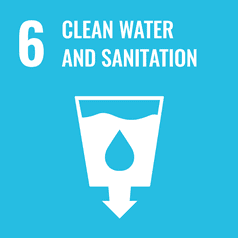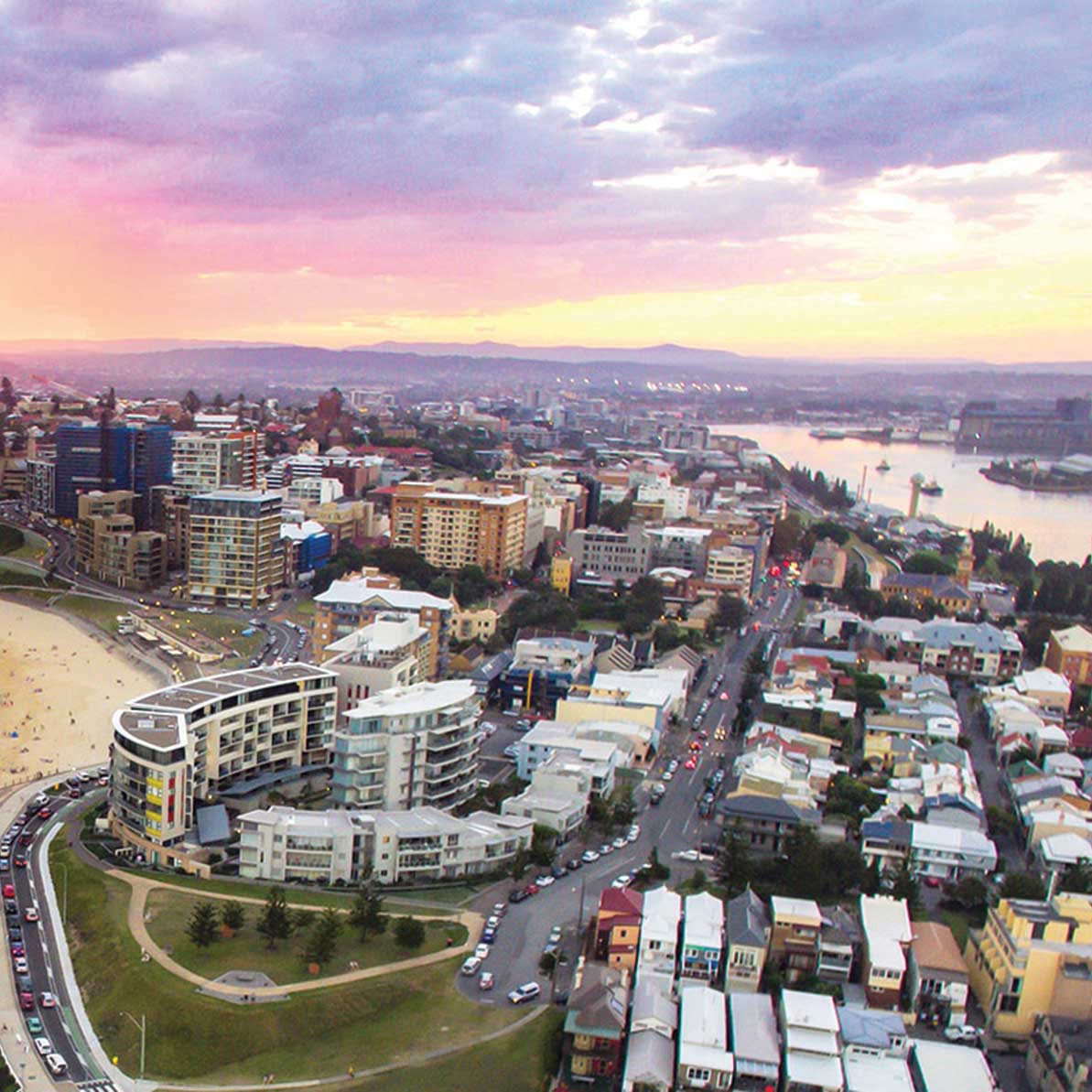

Goal 6:
Clean Water and Sanitation
Cooperation on Water Security
The University of Newcastle actively collaborates with governments at local, regional, national, and global levels to advance water security through research, innovation, and strategic partnerships. In 2024, the University continued to strengthen and expand our collaborations.
One example is the University’s research engagement with the Hunter River, the largest coastal catchment in New South Wales. Researchers are working with local governments to study the historical and ecological evolution of the Hunter River basin and estuary. This initiative aims to inform the design of climate-resilient estuary cities like Newcastle, helping communities live well while mitigating flood and climate-related risks.
At the global level, the University has established the Pacific Node in partnership with the Secretariat of the Pacific Regional Environment Programme (SPREP). This initiative supports Pacific Island nations in addressing environmental challenges such as climate resilience, water governance, pollution control, and ecosystem preservation. The University has formal agreements with government bodies including Samoa’s Ministry of Natural Resources and Environment and the Scientific Research Organisation of Samoa, enabling joint research, capacity-building programs, and policy.
In Singapore, the University is engaged in collaborative research and education programs focused on sustainable urban development, including water-sensitive design and climate adaptation strategies.
A standout innovation is the Hydro Harvester, an atmospheric water generator developed by University researchers. This technology extracts drinkable water from air using solar thermal energy or waste heat, offering a low-cost, low-energy solution for water-scarce regions. It is designed to operate in diverse climates and is suitable for deployment in remote communities, including those in the Pacific Islands, to enhance off-grid water resilience.
These initiatives are supported by the University’s Centre for Water, Climate and Land (CWCL), which leads interdisciplinary research on water security, climate adaptation, and sustainable land use. CWCL works closely with government agencies and community stakeholders to translate scientific knowledge into practical solutions.

The University of Newcastle acknowledges the traditional custodians of the lands within our footprint areas: Awabakal, Darkinjung, Biripai, Worimi, Wonnarua, and Eora Nations. We also pay respect to the wisdom of our Elders past and present.